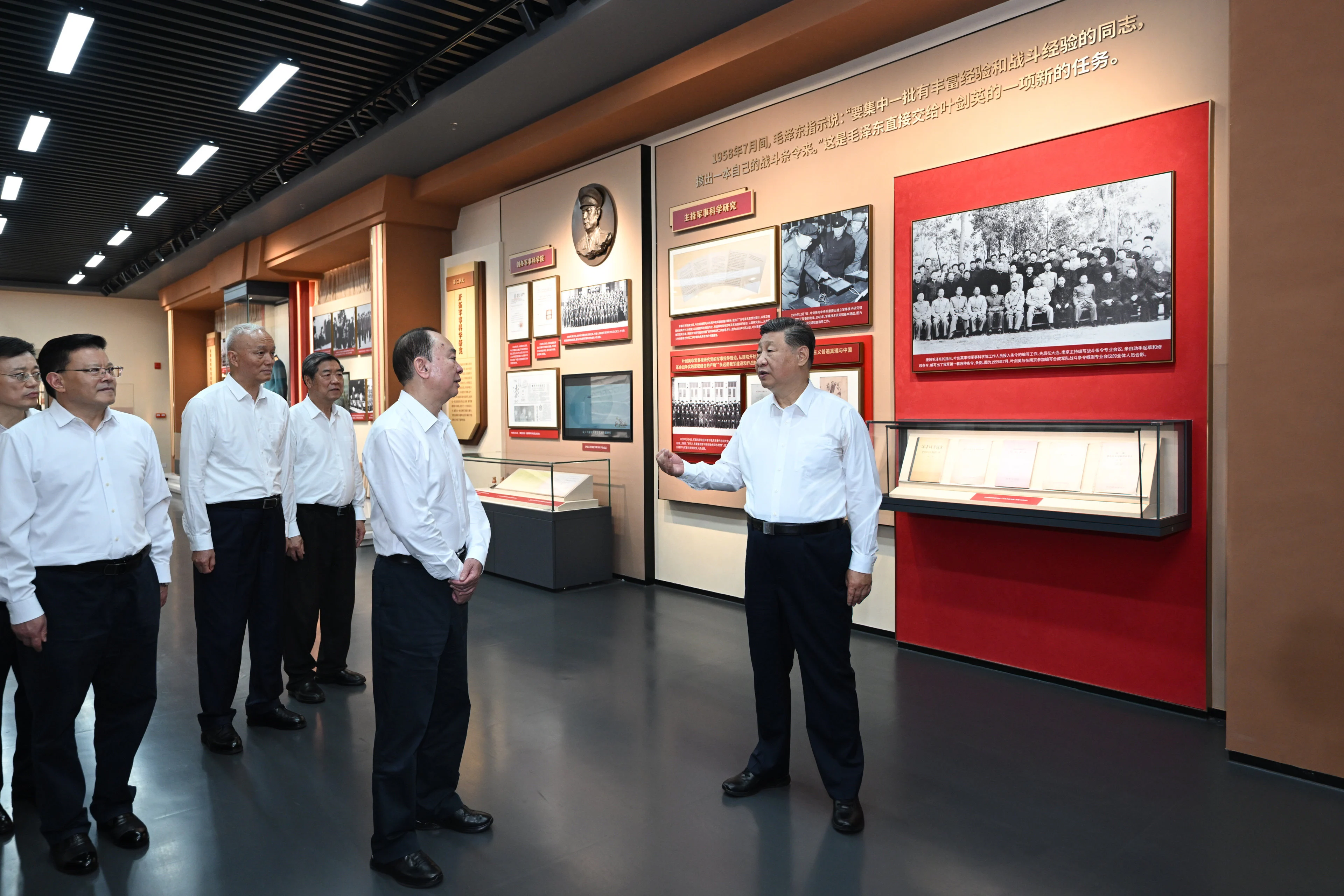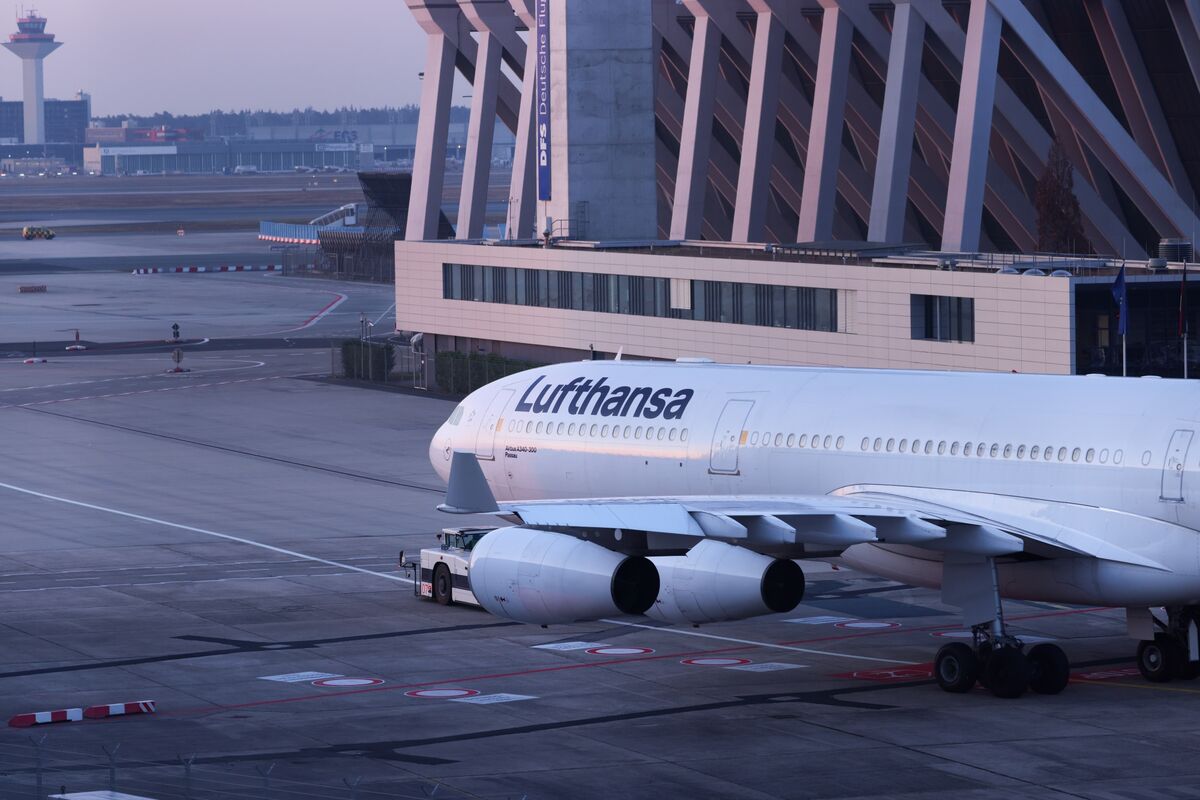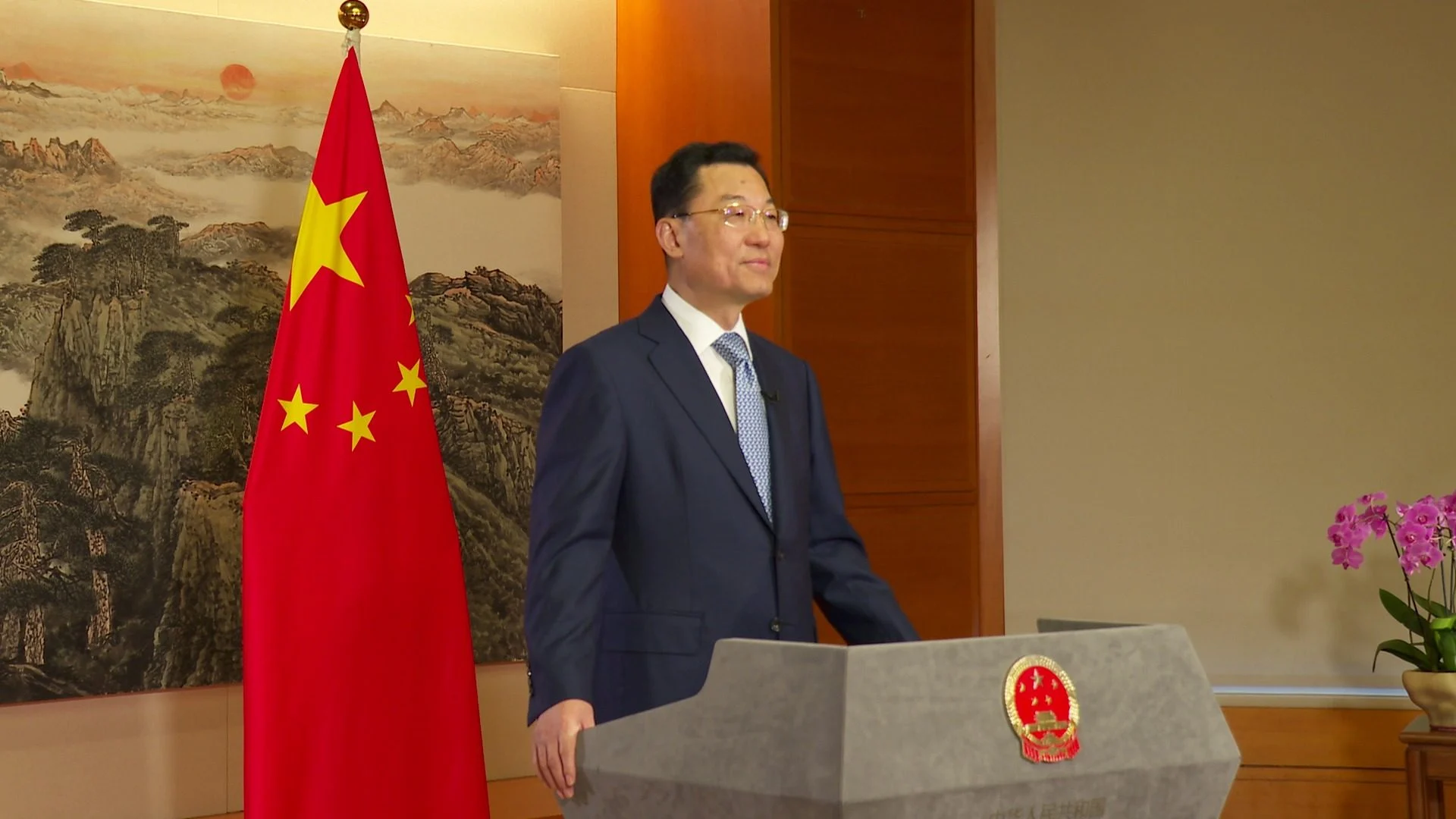Copyright scmp

President Xi Jinping has given the southern province of Guangdong the task of strengthening technology, infrastructure and regulatory cooperation with Hong Kong and Macau to advance the Greater Bay Area scheme. “Developing the Greater Bay Area is both a major responsibility and a rare development opportunity for Guangdong,” state news agency Xinhua quoted Xi as telling senior Guangdong officials on Saturday. “Guangdong should make great effort to deepen cooperation with Hong Kong and Macau in areas such as technological innovation and cooperation, infrastructure connectivity, market regulation alignment, strengthening cooperation in all the procedures in legislation, law enforcement and the judiciary, as well as further market integration.” The Greater Bay Area is the Chinese government’s scheme to link the cities of Hong Kong, Macau, Guangzhou, Shenzhen, Zhuhai, Foshan, Zhongshan, Dongguan, Huizhou, Jiangmen and Zhaoqing into an integrated economic and business hub. Xi has been in Guangdong since Thursday and the comments are his first public remarks on the scheme and its place in national reform and development since the Communist Party’s upper echelon, the Central Committee, met last month to make recommendations for the country’s blueprint for the next five years. In their suggestions for the next five-year plan – covering the years 2026 to 2030 – the Central Committee highlighted Hong Kong’s role as a financial, trade and navigation centre for China, and as a “superconnector” for mainland China and the world. Addressing the provincial officials on Saturday, Xi urged Hong Kong and Macau to better integrate with and contribute to the overall national development agenda. He also said Guangdong should make consistent efforts to achieve the goal of building “a dynamic and internationally competitive first-class bay area and world-class urban cluster”. “[The Greater Bay Area cities] must work together with determination and steady progress, striving for breakthroughs in key areas and advancing comprehensively,” Xi said. He said Guangdong, as an economic powerhouse, should adopt a high-level and broader perspective when formulating its next five-year plan, setting an example to other provinces in understanding and aligning with the central’s grand strategy. It should also continue to carry out reform to combine market and government efforts to help state and private enterprises to complement each other as well continue to deepen integration between science and business. Xi also urged Guangdong to play a bigger part in China’s Belt and Road initiative as well as to help foster industrial growth in inland provinces – a strategy highlighted at the Central Committee meeting last month. In addition, Xi called on Guangdong to maintain stability in employment and manage enterprise expectations throughout the year to achieve its annual economic and social development goals. China has set an urban unemployment rate target of around 5.5 per cent for this year and plans to create more than 12 million new urban jobs. In addition, cadres in Guangdong should press on with the anti-corruption drive, he said. The trip is Xi’s first inspection tour since the Central Committee gathering, which is known as the fourth plenum. Inspection tours are often used to highlight national priorities and Xi started this trip in Sanya, Hainan province, on Wednesday with the commissioning of the country’s newest and most advanced aircraft carrier, the Fujian. Since then, he has visited the cities of Meizhou and Guangzhou. Among the priorities in the plenum’s guidelines for the plan are technological self-reliance and the development of a high-quality, innovation-driven economic model with an industrial base resilient to external threats and headwinds. China aims to reach a per capita gross domestic product on a par with that of a “mid-level developed country” by 2035. It has not specified a range but the International Monetary Fund, for instance, listed 39 developed economies in 2020, most with a per capita GDP above US$20,000. China’s per capita GDP last year was US$13,400. Xinhua reported that the Greater Bay Area’s economy expanded to 14.79 trillion yuan (US$2.08 trillion) in 2024, surpassing both the New York Bay Area and the San Francisco Bay Area. Its per capita GDP came in at about 170,200 yuan last year. The number of unicorn enterprises – unlisted start-up companies valued at more than US$1 billion – in the Greater Bay Area rose from 33 in 2020 to 70 in 2024, the report added. Xi is also expected to preside over the opening of the National Games in the provincial capital, Guangzhou, on Sunday. Hong Kong, Macau, and Guangdong are hosting the games, which end on November 21. Held every four years, the games feature almost all the same sporting events as the Summer Olympics.



